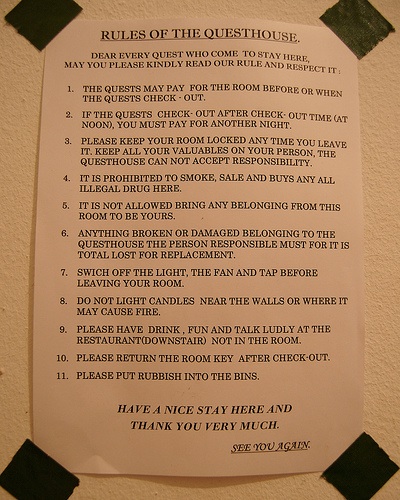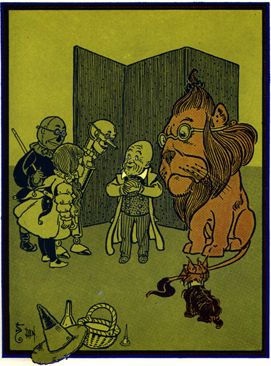DMCA
Przydzial v. Alkhateeb
"But We're Just An Innocent Web Host" Ain't Gonna Cut It
Copyright 2007-25 Digital Media Law Project and respective authors. Except where otherwise noted,
content on this site is licensed under a Creative Commons Attribution-Noncommercial-ShareAlike 3.0 License: Details.
Use of this site is pursuant to our Terms of Use and Privacy Notice.
content on this site is licensed under a Creative Commons Attribution-Noncommercial-ShareAlike 3.0 License: Details.
Use of this site is pursuant to our Terms of Use and Privacy Notice.


 Paul Klocko got a surprise in the mail in April: a letter on official stationary from Weston, Wisconsin administrator Dean Zuleger, demanding that Klocko stop posting comments on the web criticizing him. The letter also asked that Klocko "come out from behind the cloak" and meet Zuleger in person.
Paul Klocko got a surprise in the mail in April: a letter on official stationary from Weston, Wisconsin administrator Dean Zuleger, demanding that Klocko stop posting comments on the web criticizing him. The letter also asked that Klocko "come out from behind the cloak" and meet Zuleger in person.

 Last Friday, the Associated Press briefly became the
Last Friday, the Associated Press briefly became the 
Description:
In August 2009, photo-sharing site Flickr removed an image from Firas Alkhateeb's photostream in response to a DMCA takedown notice. The image was a photograph of President Barack Obama from the cover of Time Magazine modified to look like Heath Ledger's Joker from The Dark Knight. The image gained some notoriety when someone else used it to make a poster captioned "socialism."
At first, it was unclear who sent the DMCA takedown notice because DC Comics and Time publicly stated that they had not done so. Some investigation by Thomas Hawk, chief executive of Flickr rival Zoomr, revealed that someone named Edward Przydzial sent the DMCA takedown notice and claims to be the originator of the Obama/Joker image.
It is not clear whether AlKhateeb has filed a DMCA counter-notification.
After the debate sparked by Flickr's removal of the image, the company revised its policy for handling DMCA takedowns. According to ZDNet:
According to Flickr, under the change in policy the discussion under the photo is preserved and it should be easier to reinstate a photo after a counter-notification is filed.